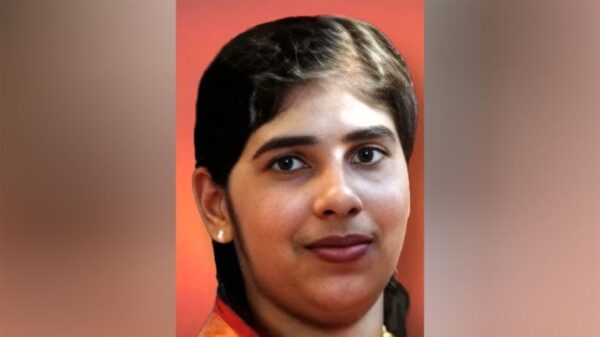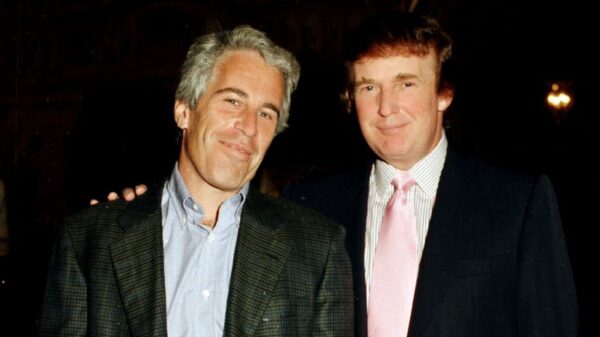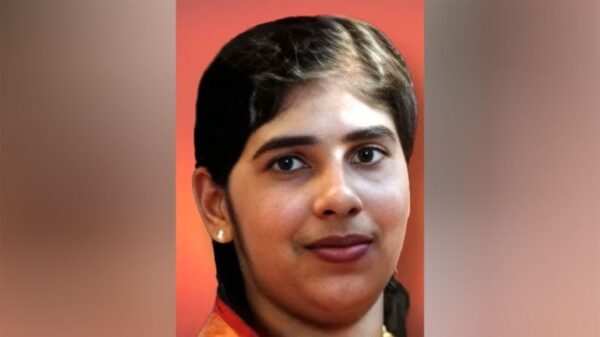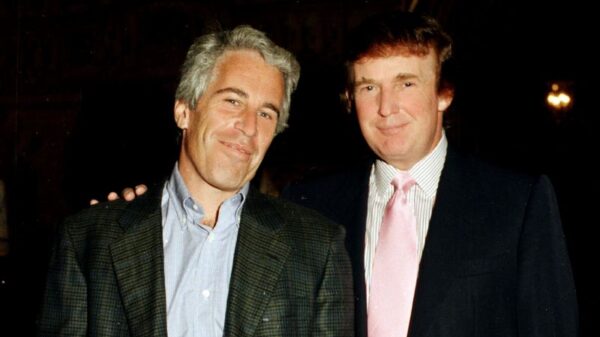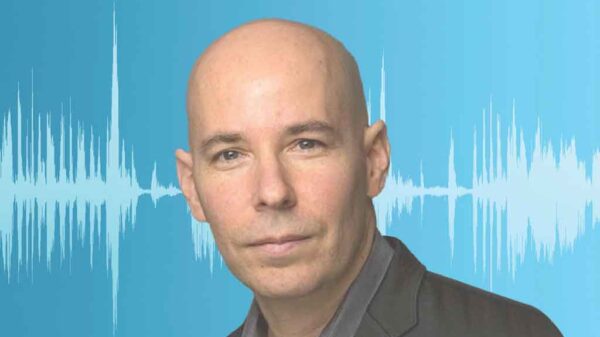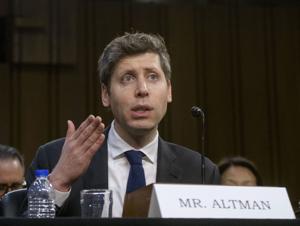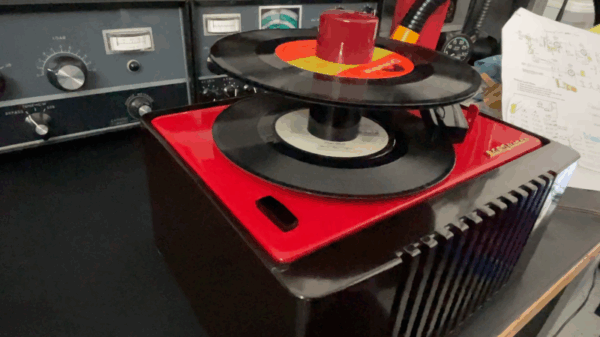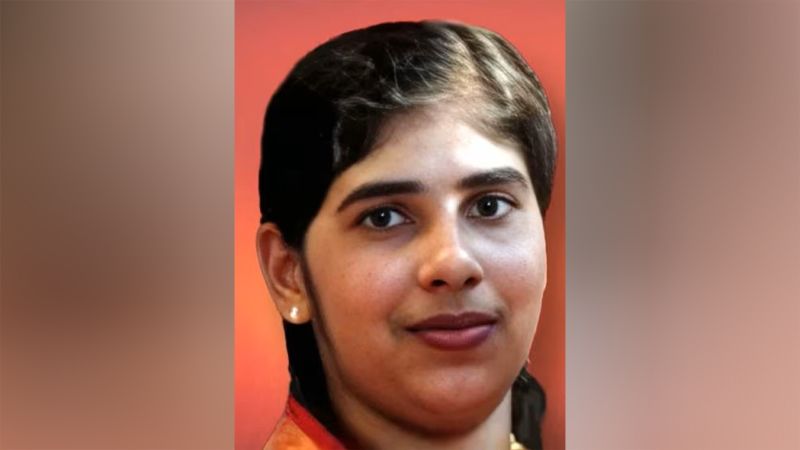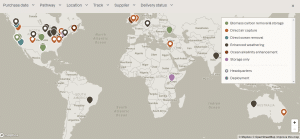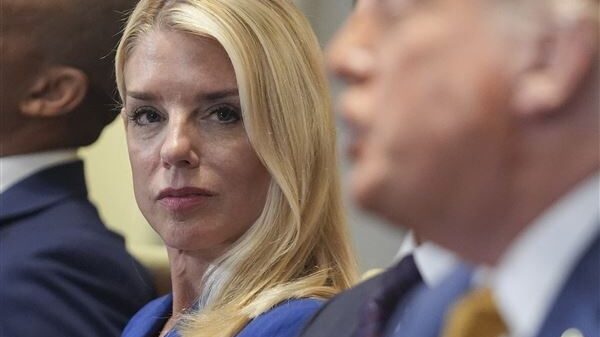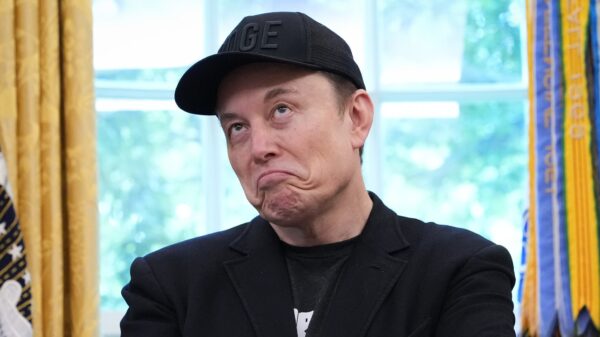Relatives of Indian nurse Nimisha Priya are urgently seeking to halt her execution in Yemen, which is scheduled for March 15, 2024. Priya is on death row after being convicted in 2020 for the murder of a former business partner, a Yemeni national, whose body was discovered in a water tank in 2017. The case has captured significant attention in Indian media, highlighting the challenges faced by her family as they navigate a complex legal and diplomatic landscape.
Priya was sentenced to death by a court in the Yemeni capital, Sanaa, but her family insists she acted in self-defense against an abusive partner who withheld her passport during the ongoing civil war. The lack of formal diplomatic relations between India and the Houthi-controlled regions of Yemen has complicated efforts for her release.
Human rights organizations have rallied to support her case. Amnesty International has called for a moratorium on executions in Yemen, urging the Houthis to commute Priya’s death sentence. In a statement, the organization described the death penalty as “the ultimate cruel, inhuman and degrading punishment.”
In an effort to seek clemency, Priya’s family is exploring the option of “diyah,” or blood money, which could be offered to the victim’s family in exchange for a pardon. Samuel Joseph, a social worker assisting in the case, expressed cautious optimism about the ongoing negotiations, stating, “I’m spiriting the efforts here, and by god’s grace, we got people who are helping.”
Despite the challenges, the Save Nimisha Priya Action Council was established in 2020 to facilitate fundraising and negotiations. Rafeek Ravuthar, an activist with the council, noted that approximately 5 million rupees (nearly $58,000) has been raised so far. He pointed out the difficulties posed by the absence of an Indian embassy in Yemen, which affects communication and legal aid efforts.
Political leaders in Priya’s home state of Kerala have also urged Indian Prime Minister Narendra Modi to intervene on her behalf. Kerala’s chief minister, Pinarayi Vijayan, emphasized the need for compassion in a letter to Modi, stating, “Considering the fact this is a case deserving sympathy, I appeal to the Hon’ble Prime Minister to take up the matter.”
The Indian government has confirmed its commitment to providing support to citizens in distress overseas. In February, Kirti Vardhan Singh, India’s Minister of State for External Affairs, assured the parliament that the government is prioritizing Priya’s welfare and facilitating assistance within the constraints of the situation.
Nimisha Priya first moved to Yemen in 2008, joining millions from Kerala seeking better economic opportunities. Initially working as a nurse, she eventually opened her own clinic in Sanaa with support from her husband, Tomy Thomas. Their aspirations were disrupted by the political turmoil that escalated into a civil war in 2015, exacerbating the risks for foreign nationals in the country.
Despite the deteriorating security conditions, Priya chose to remain in Yemen, determined to protect her family’s future. The ongoing conflict has left Yemen with one of the highest execution rates globally, according to Amnesty International. In 2024 alone, the organization confirmed at least one execution carried out by the Houthis.
Priya’s mother, who has been in Yemen for over a year to facilitate negotiations, sold her home to fund her daughter’s legal expenses. Meanwhile, her husband and daughter remain in Kerala, holding onto hope for her safe return. “My wife is very good, she is very loving,” Thomas shared. “That is the sole reason I am with her, supporting her and will do so till the end.”
As the clock ticks down to the scheduled execution, the fight to save Nimisha Priya continues, drawing attention from legal advocates and human rights organizations around the world.







